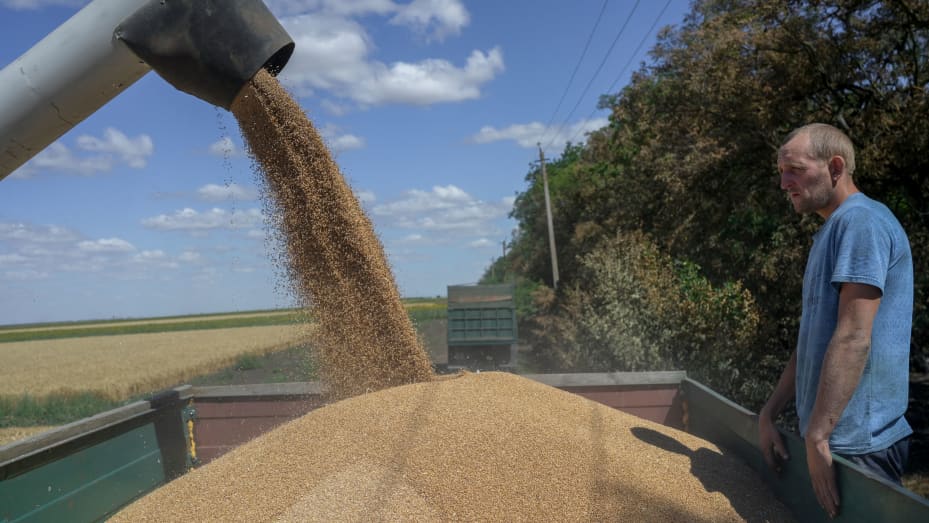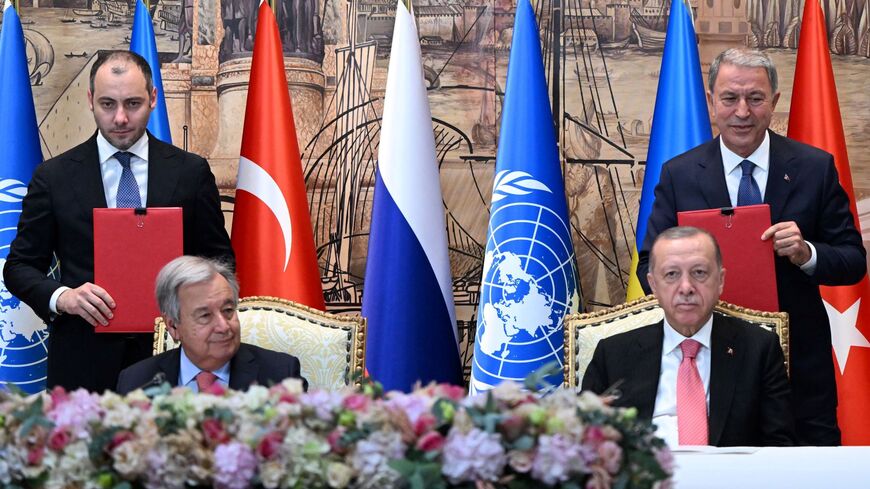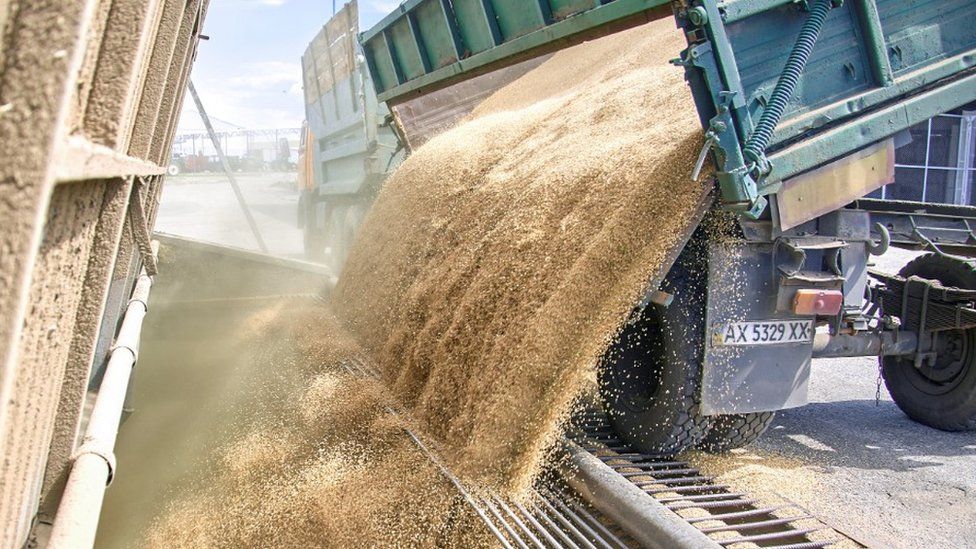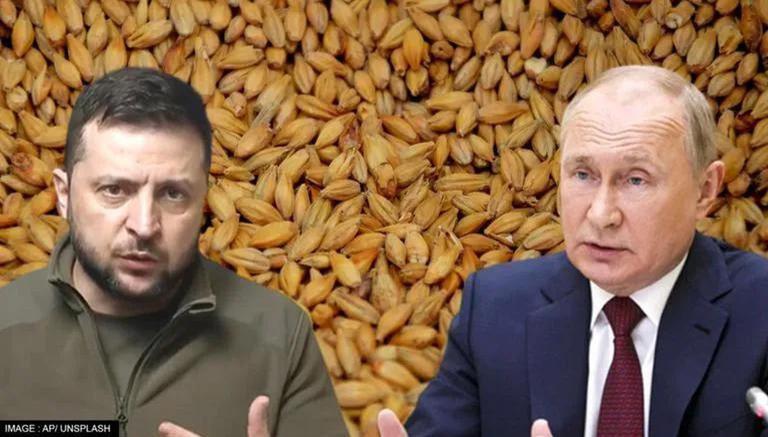Moscow and Kyiv administrators have signed a contract to permit grain exports from Ukrainian Black Sea ports, as UN Secretary-General Antonio Guterres and Turkey’s President Recep Tayyip Erdogan told the deal would allow easing the international food crisis
The neighbouring, warring countries are among the globe’s biggest exporters of grains. Still, Russia’s aggression led to a de-facto blocking of the Black Sea, resulting in Ukraine’s exports declining to a sixth of their pre-war status.
Russian defence minister Sergei Shoigu and Ukraine’s infrastructure minister, Oleksandr Kubrakov, autographed the agreement individually on Friday, carefully bypassing seating at the exact tableland and bypassing shaking hands.
The signing ritual took residence at Istanbul’s lavish Dolmabahce Palace in the presence of Erdogan and Guterres.
A beacon of expectancy [and] potential … and comfort in a globe that requires it better than ever,” Guterres said, reaching on Moscow and Kyiv to entirely execute the agreement.
Friday’s agreement represents around $10bn price of food will be open for a deal, with approximately 20 million tonnes of previous year’s yield that can now be exported, Ukrainian President Zelenskyy expressed.
The guarantee is valid for 120 days and may be automatically revived without further negotiations.
According to UN officers, under the deal, a team of Turkish, Ukrainian and UN teams will watch the loading of grain into ships in Ukrainian ports before guiding an intended route through the Black Sea, which stays laboriously excavated by Ukrainian and Russian forces. Ukrainian captain ships will show commercial vessels fascinating the grain to guide the excavated sites near the coastline utilising a map of secure media supplied by the Ukrainian flank.
The ships will then travel the Black Sea towards Turkey’s Bosphorus Strait while living closely watched by a joint coordination seat in Istanbul, including delegates from the UN, Ukraine, Russia and Turkey. Russia is concerned that arms might be carried via vessels to Ukraine, and Ukraine is anxious about the protection of its grain deliveries to world demands.
The Russian and Ukrainian flanks will also withhold invasions on any of the retail shops or ports employed in the initiative to cart hearty grain. At the same time, UN and Turkish monitors will be attending in Ukrainian ports to determine regions covered by the contract. The blocking has heightened international store chain disorders and, along with Western sanctions set on Moscow, stoked inflation in foodstuffs prices since Russian forces swept into Ukraine on February 24.
Turkish foreign minister Mevlut Cavusoglu spoke that Friday’s meeting in Istanbul marks “the first effort to translate the recent food crisis”.
The United States accepted the deal but cautioned it would hold Russia responsible for enforcing it. Hours before the contract was to be marked. The Kremlin expressed it was “essential” to remove grain exports.“It is essential to free supplies of fertilisers, foodstuffs and seed to the globe demands,” Kremlin spokesman Dmitry Peskov described to reporters. “It is a fairly small amount of Ukrainian grain, but still, this seed must get to world demands.”
“The Ukrainians here are very transparent that they see the Russians as an attacker country, and we know that they’re closing the International Criminal Court to set up completely new research with the purpose of assessing senior Russian leadership with the offence of living an attacker country.

